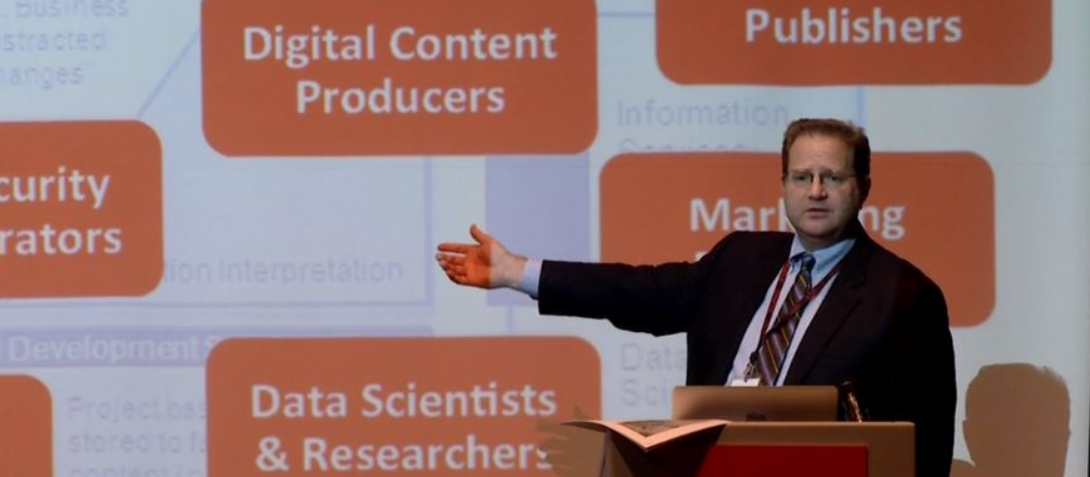A new "Enterprise Data Management Policy" was signed this week within the Homeland Security Department - to those unconcerned with the business and technology of information management, this won't create a stir...but to those "fighting the good fight" across the Federal Government information-sharing and management parochial boundaries, it's a valuable new tool, at least 2 years in the making.
In essence, the Directive, administered by the DHS CIO, outlines the department's policy with respect to sharing, contributing and leveraging wherever possible Enterprise data, and the Enterprise data management procedures and assets made available through the EDMO (Enterprise Data Management Office). Having lived through many of the difficulties associated with sharing and reusing data between Federal components, agencies and departments, with respect to policy differences, metadata and semantic disagreements, security classification issues, or simply reluctance to participate and share, this Directive and the work that went into it is truly a sea change for this sector of our industry.
The Directive by itself doesn't necessary accelerate or improve information management solution implementations or associate business and mission outcomes - but it gives some teeth to the sincere efforts of information management professionals and public servants, business data stewards and IT governance managers in seeking to facilitate their efforts through consistent, collaborative application of Public and Federal Information Management standards.
In essence, the Directive, administered by the DHS CIO, outlines the department's policy with respect to sharing, contributing and leveraging wherever possible Enterprise data, and the Enterprise data management procedures and assets made available through the EDMO (Enterprise Data Management Office). Having lived through many of the difficulties associated with sharing and reusing data between Federal components, agencies and departments, with respect to policy differences, metadata and semantic disagreements, security classification issues, or simply reluctance to participate and share, this Directive and the work that went into it is truly a sea change for this sector of our industry.
The Directive by itself doesn't necessary accelerate or improve information management solution implementations or associate business and mission outcomes - but it gives some teeth to the sincere efforts of information management professionals and public servants, business data stewards and IT governance managers in seeking to facilitate their efforts through consistent, collaborative application of Public and Federal Information Management standards.

Comments